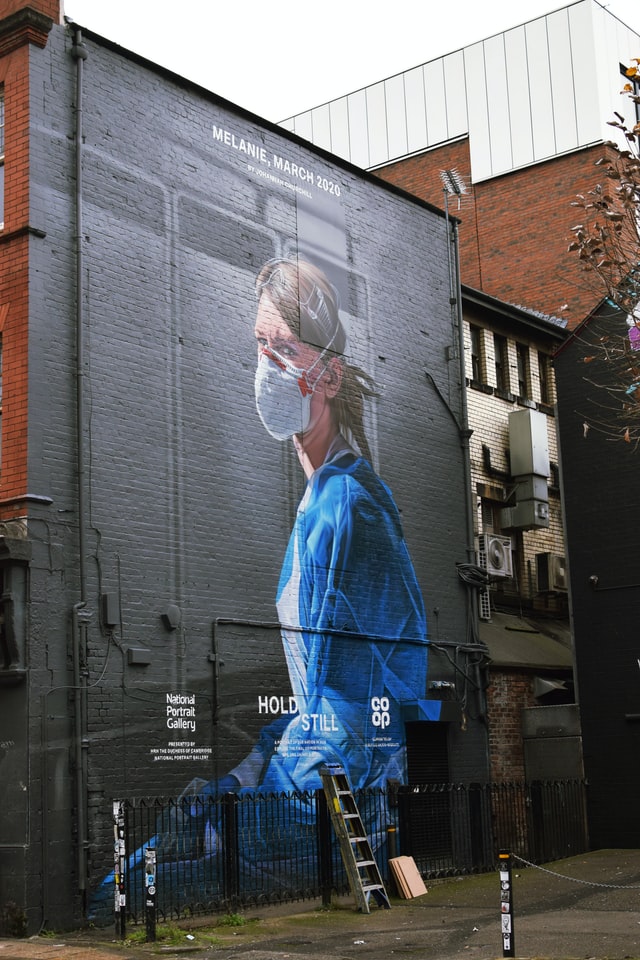Friday news roundup January 22, 2021

Britons are finding it harder to stay positive day-to-day during the latest lockdown. A new survey conducted online by Ipsos MORI looks at perceptions around coronavirus among a nationally representative sample of Britons aged 18–75; it also asks when Britons think life will return to normal. Sixty per cent of Britons say they are finding it harder to stay positive day-to-day compared with before the virus—an 8-point increase from November; 33% think things are about the same (down 4 points); and 6% think things are easier (down 4). Women are finding it harder than men (68% vs 52%) to stay positive day-to-day. Just 45% of Britons expect life will return to normal in 2021; 34% think it will be January 2022 or later; 10% think things will never return to normal; and 11% don’t know. Younger people are a little more optimistic than others, with 60% of those aged 18–24 expecting life to return to normal this year.
President Joe Biden’s re-joining of the Paris Climate Agreement sets the tone for an ambitious approach to the environment. On the new president’s first day in office, Joe Biden started the process for re-joining the Paris Climate Agreement. He also cancelled the controversial Keystone XL pipeline permit, which had formed the epicenter of an enormous environmental, public health, and civil rights battle in the country. The existential threat posed by climate change—along with the pandemic, the economy, and racial justice—is one of the four cornerstone crises facing the new administration, according to Biden. David Waskow from the World Resources Institute says tackling the economic situation and tackling the climate crisis go hand in hand: “The good news is that so many of the climate solutions can boost the economy, can generate jobs.” “People in the US are seeing the hurricane, they’re seeing the fires, they’re seeing the droughts, and they know that something needs to be done.”
Japan appears well placed to weather the economic fallout of Covid-19 but campaigners say the most vulnerable are being hit hard. With around 4,800 deaths in a population of around 126 million, Japan, the world’s third largest economy, has coped relatively well so far with the coronavirus pandemic. Compare that with the UK (population 67 million), which has seen 94,580 deaths. However, campaigners say that Japan’s 3% unemployment rate is masking the high rate of underemployment and poorly paid temporary work in the country, which mean the most vulnerable have still been hit hard. Around 40% of workers are in vulnerable “non-regular” jobs with lower wages and contracts that can be terminated easily, with many struggling to access welfare. Women in particular are facing economic hardship because many work on temporary contracts in retail, restaurants, and hotels—all industries hit hard by the pandemic.
Brazil’s most vulnerable communities are facing a Covid food crisis. In April 2020, Brazil’s Congress passed a bill that established a monthly $600 real (£82) stipend—just over half the country’s minimum wage—to tide people over for three months during the pandemic. By July, according to government data, almost half the population was living with someone who was receiving the aid. However, that aid stopped at the end of 2020. The leaders of Brazil’s isolated and vulnerable communities are very worried about how to feed people now that the stipend is no longer available. Pre-Covid-19, 13 million Brazilians were living in extreme poverty and a quarter of the population fell below the World Bank’s poverty line. Tendencias Consultoria, a consultancy focused on the economy, says the end of the aid program will disproportionately hit the poor north and northeast of the country, from which many residents only emerged during 2020 to collect the emergency aid and get food and other essentials. Without the money, some will be forced to surface from isolation, seeing their only choices as being either to starve to death or die of Covid.